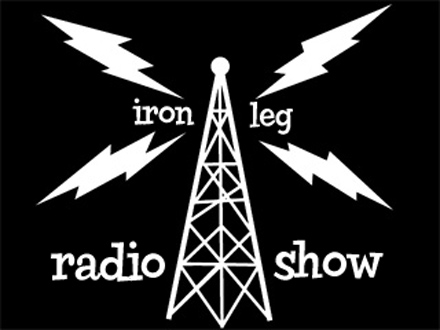
Robin Gibb


Listen/Download – Bee Gees – I Can’t See Nobody
Listen/Download – Robin Gibb – Mother and Jack
Greetings all.
I hope the new week finds you all well.
It was last week when the sad news came down that Robin Gibb had passed away at the age of 62 after a long illness.
I always liked the music of the Bee Gees, but that turned into something else altogether when I was introduced to their early work during the garage/mod days.
I’m old enough to remember some of the Bee Gees pre-disco radio hits but when a friend suggested I pick up their first album, oddly enough entitled ‘Bee Gees 1st’ my mind was good and truly blown.
I already knew tunes like ‘To Love Somebody’ (covered countless times), ‘Holiday’ and ‘New York Mining Disaster 1941’ all of which turned up on oldies radio from time to time, but I had no inkling of the groups popsike side.
Songs like ‘In My Own Time’ and ‘Every Christian Lion Hearted Man Will Show You’ and ‘Red Chair Fadeaway’ combined the brother’s already formidable pop songwriting talent with the lysergic flavor of the times. While they rarely crossed over into the heavy side of things, neither were they too far into the twee, ‘toy shoppe’ sound.
The thing that is often overlooked (aside from the fact that most people are unaware that they even existed prior to ‘Staying Alive’) is that during their early years on Atco, the Bee Gees were an actual band, with Barry on guitar, Maurice on bass, Vince Melouney on lead guitar and Colin Peterson on drums.
Their first three albums – ‘1st’ (1967), ‘Horizontal’ (1968) and ‘Idea’ (1968) – are all remarkably good and worth digging into (not too hard to find either).
Robin Gibb was a crucial part of the Bee Gees sound, both as a unique vocalist and as composer, co-writing many of the groups best songs with Barry and/or Maurice.
A few years back, when the box set of these three albums – ‘The Bee Gees: The Complete Studio Albums 1967-1968’ complete with mono and stereo mixes, rarities and outtakes – was released, I spent a great deal of time listening to it strapped into the headphones.
I mention that last part because if you really want a serious taste of the Bee Gees (especially Robin) as vocalists, you need to isolate and dig deep.
When you listen to their records on the radio, the wide open vibrato in Barry and Robin’s voices is obvious, but what usually hits you is the power of their harmonies.
If you listen intently to a song like the first of the two selections I bring you today (my fave Robin vocal) ‘I Can’t See Nobody’*, it’s striking what an unusual voice he had.
As odd as it sounds, Robin Gibb was quite a soulful singer. This is not say that he was going to give Otis Redding anything to worry about, but rather that he had clearly been listening to singers like that, and while all three brothers fall in line as a unit in harmony sections, as a soloist Robin was something special.
The second song I bring you today is from the brief period in 1969 when the group fractured (reportedly in a conflict over who’s song would be released as a single) and Robin Gibb went out on his own.
He had a UK Top Ten hit with his solo single ‘Saved By the Bell’, and released an accompanying album (‘Robin’s Reign’) later that year.
‘Saved by the Bell’ was a sweeping ballad, but its flipside, ‘Mother and Jack’ is by far the more interesting record.
Opening with a drum machine (credited to Robin), the song – which has a lighthearted melody but concerns a mother and her child being evicted from their home – is a great slice of pop.
Interestingly enough, ‘Mother and Jack’ was not the initial b-side of ‘Saved By the Bell’.
The earliest copies of the single were pressed with the song ‘Alexandria Good Time’ on the flip, but then withdrawn and destroyed. The song has never seen official issue and is only available on bootlegs. You can hear it on YouTube.
I hope you dig these songs, and if you haven’t dug the early Bee Gees, pick up those first three albums (or the boxed set if you can still find it).
See you next week
Peace
Larry









